Stop tossing and turning—learn the real causes of insomnia and the easy fixes you can try today.
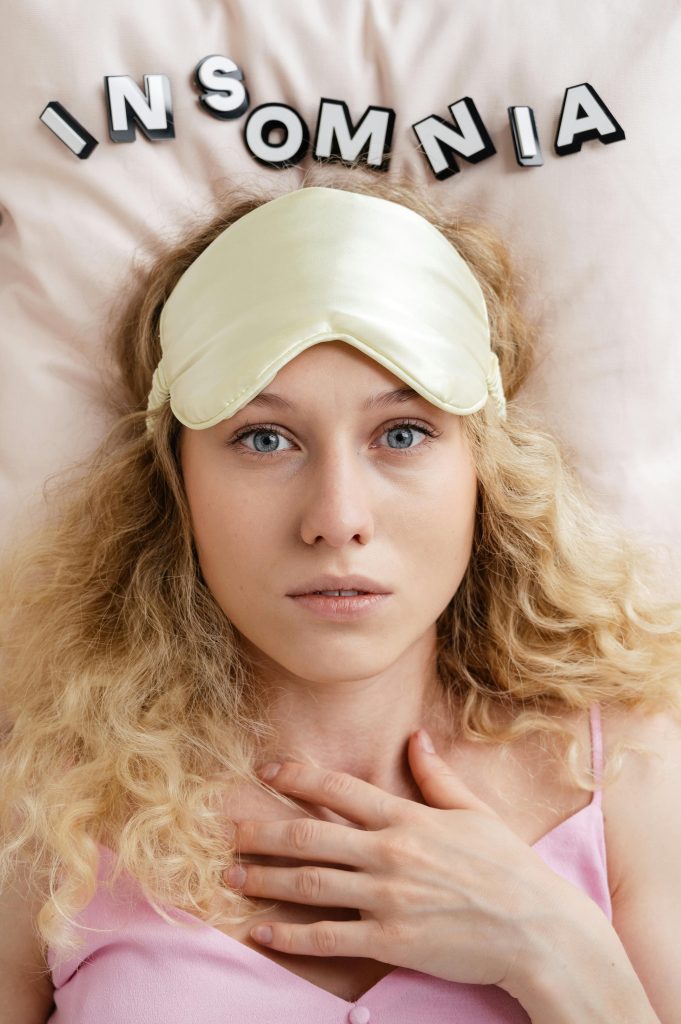
The inability to rest at night is one of the most prevalent human annoyances. At the end of a long tiring day, and with a body that is crying out for sleep, one would think that the easiest task of the day would be to sleep. But the moment you try to sleep, the mind kicks in, and you begin to re-experience every humbling conversation you have had since 2012, think about deadlines, and create shopping lists. Then you even prompt yourself to see how much time you have left to sleep, and the minutes float away. You are not alone. The most reassuring piece is that for most, you have a future free of chronic sleep deprivation. The most important thing is to understand the “why.” In the discussion that follows, we are going to discuss the most common sleep thieves, and we will give you a roadmap to reclaimed sleep starting this very night.
The Usual Suspects: Why Your Brain Won’t Shut Off
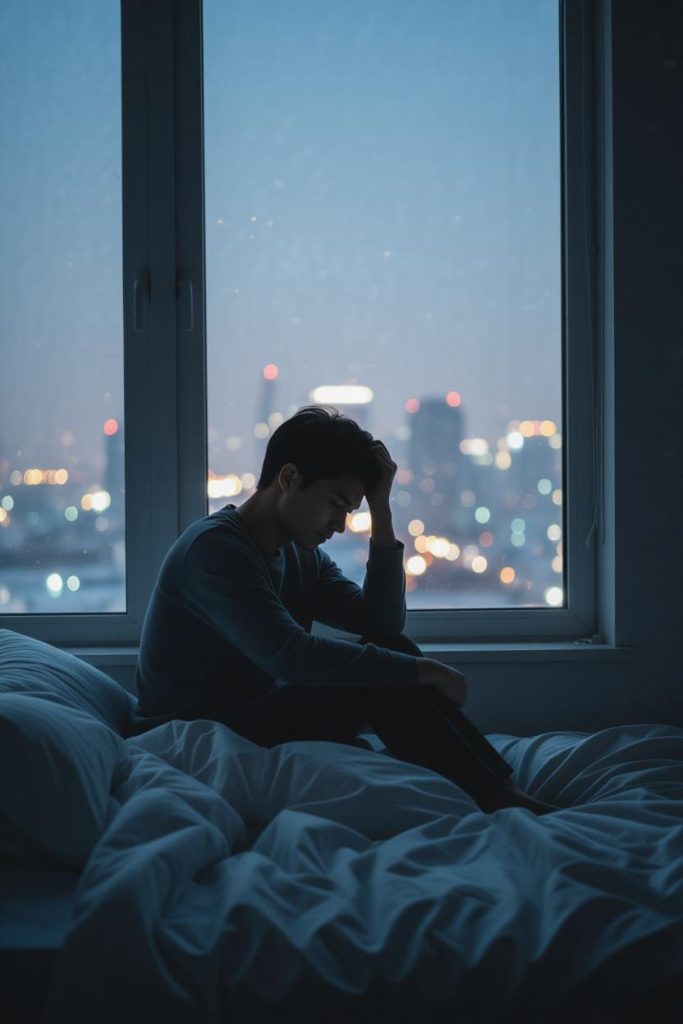
Before we can remedy this, we must first investigate it. The cause of your insomnia lies in one or more of the following categories:
1. The Blue Light Bandit
Your body has a natural internal clock called the circadian rhythm, which is predominantly influenced by light exposure. The blue light from your phone, laptop, and TV is the most effective at blocking that sleep-inducing hormone, melatonin, from being produced. Leis ring in bed on your phone or laptop is essentially telling your brain “It’s noon! Be awake!”
2. The Anxious Mind
Stress and anxiety are the number one cause of sleeplessness. When you are stressed, your body is in a constant state of “fight or flight” and you’re releasing cortisol and adrenaline. This is the opposite of the relaxed, calm state you need to sleep. Your mind converts the quiet dark room to a blank canvas for every worry in your life to paint itself.
3. The Caffeine and Alcohol Trap
That late noon-to-early-afternoon latte gives you caffeine and since after midnight many people tend to say “I couldn’t provide a minute of sleep for myself,” it’s probably because they are lying in bed staring at the ceiling. The half-life for caffeine is 5-6 hours; meaning, half of what you consumed earlier will still be in your body 5 hours later. Alcohol is initially sedative but disrupts sleep. It metabolizes before its sedative effects have really kicked in, allowing you to fall into a faint and shallow sleep and wake up during the night.
4. The “Always” Unpredictable Schedule
Sleeping in over weekends may be wonderful, but it will severely mess your circadian rhythm up in return. Basically, you are giving your body a weekly jet lag. When you do not maintain a regular schedule, you are confusing your body concerning when it should say, “I’m supposed to be asleep,” and when it should say, “I’m supposed to be awake.”
5.The Unpleasant Sleeping Atmosphere
Is your bedroom excessively warm? Is there too much noise? Is a streetlight shining directly at your face? Is your mattress 10 years over the recommended replacement cycle? It turns out that the quality of your sleep environment is more important than you believed. Your body requires a cool, dark, and quiet cave to achieve deep, longer-lasting sleep.
6.Interference of Diet and Substances:
Later in the day having a coffee, or a more fatty and heavy dinner along with a dessert wine-down session, does not need still to interfere, and nicotine with caffeine are also stimulants; overhead that alcohol interferes with the real native form of deep-stage significant sleep and causes a fragmented sleep state. Also, heavier meals in the evening will usually create heartburn or stomach discomfort.
7.Underlying Medical Illness:
Painful diseases, like pain, asthma, GERD, diabetes, and heart disease, can make rest impossible in words of a sleep disorder as the interruptions are situated as pauses of suspected interruptions in apnea while the legs find interruptions. Sometimes medications for those disorders may make for even worse sleep disturbances.
8.Age and Hormonal Factors:
Women may experience insomnia due to menstrual cycles, pregnancy, or menopause. Older adults over 60 often face lighter sleep from health changes or reduced activity.
Why Sleep Matters More Than You Think
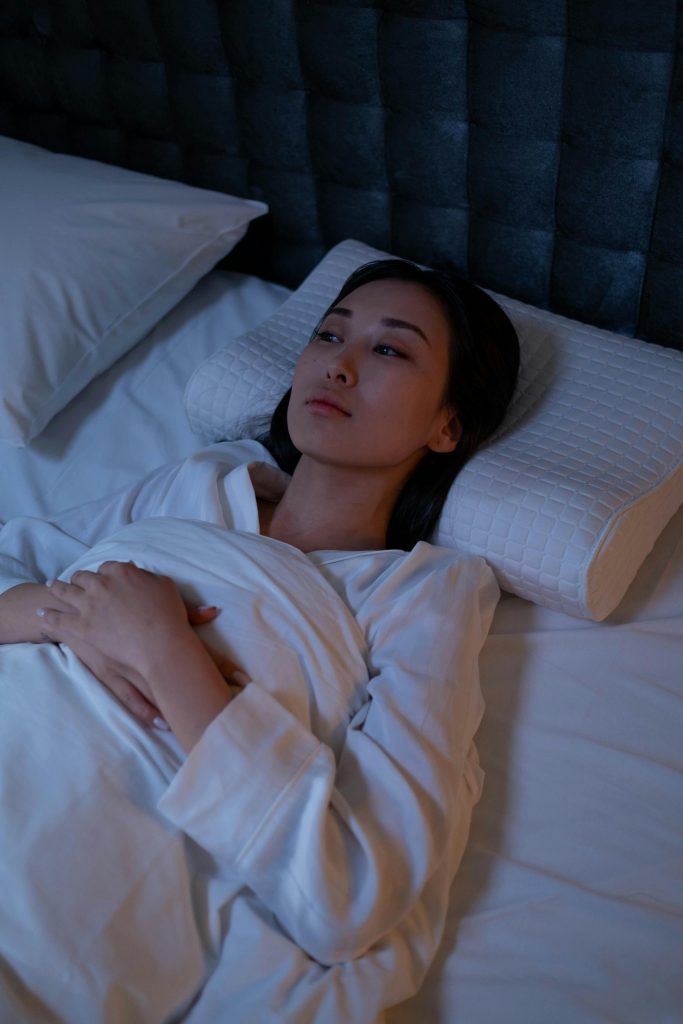
You know that getting plenty of sleep is important, but here is what you experience when you don’t:
Your brain struggles with functionality: you experience forgetfulness, lack of focus and mental fog.
Your emotions are volatile: studies show chronic lack of sleep leads to irritability and increases stress, anxiety and depression.
Your body declines: inflammation increases, gaining weight is easy and immune function decreases.
Your skin shows the age: poor quality sleep leads to premature aging, breakouts and dull skin.
In summary, lack of sleep creates fatigue in every aspect of your life; you find everything you do difficult and requiring effort.
Quick Fixes: Hack Your Way to Sleep Tonight
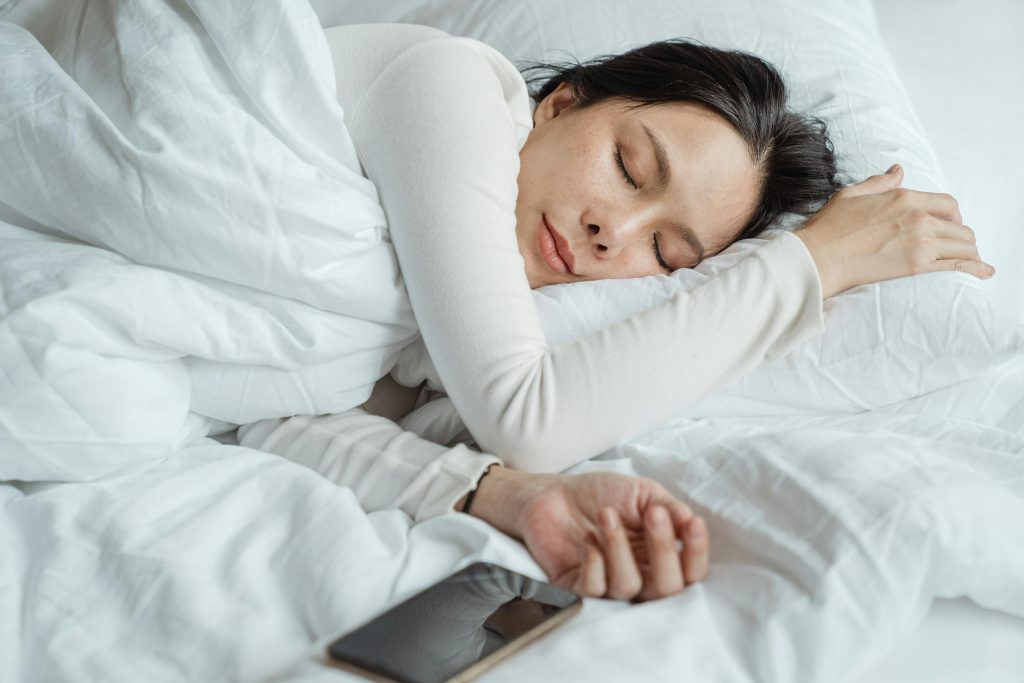
The fantastic news? You will notice improvement in some days if you work on these tips. These sleep specialists’ quick suggestions will have you asleep more quickly this evening. Take a moment to create some calming space and teach your body it is time to unwind.
Take Advantage of Your Sleep Area:
Create a relaxing retreat for sleeping in your bedroom. Cool off the room to slightly chilly (approximately 60-67°F), reduce the light in the room, and wear earplugs or use white noise to help reduce outside sounds. Make sure your pillows and mattress are enjoyable, and use blackout curtains. If the air is stifling, use a fan or open the window.
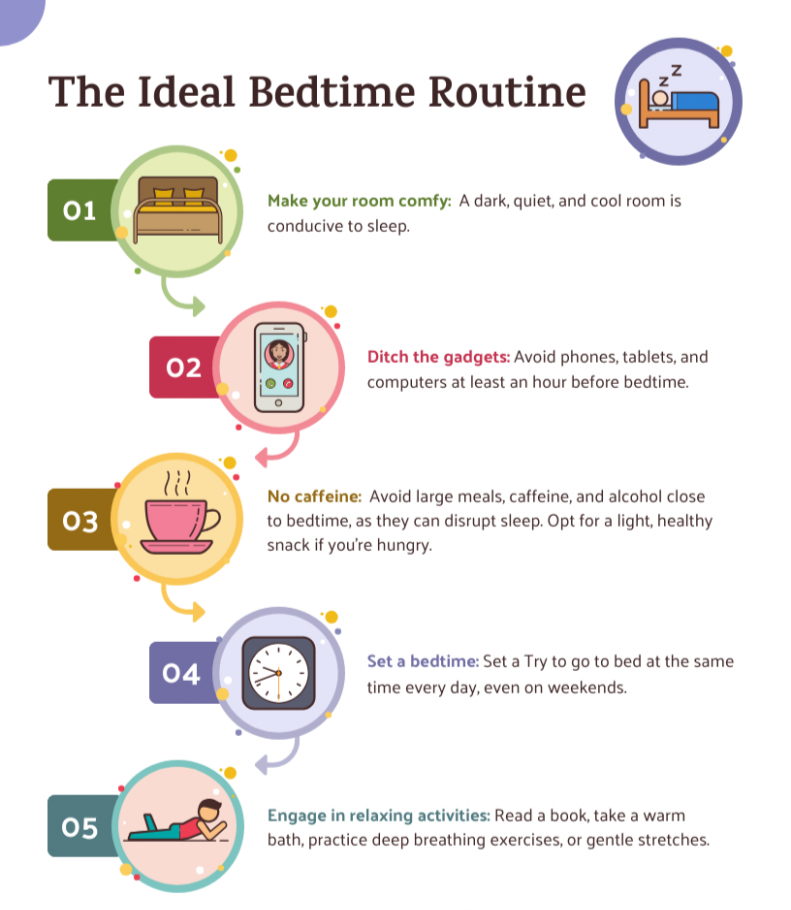
Avoid electronic use for at least one hour before going to bed because blue light tricks your brain into thinking it is daytime. Steer clear of nighttime drinks and heavy meals, and avoid stimulants and caffeine after noon. If hunger pangs occur in the evening, have something light, like a banana, or herbal tea.
Create a Wind-Down Schedule:
Engage in relaxing practices to inform your body that bedtime is near. For instance, progress to deep breathing by having a warm bath, reading a book (not on the device), or holding your breath for four counts, holding it for seven, and then quickly exhaling it for eight. In the same way, writing down your worries in a diary could be accomplished here, and it can help to declutter minds.
The 20-Minute Rule:
Leave the bed if you haven’t fallen asleep after 20 minutes. Do something boring in low light, like folding laundry or reading a boring article when you feel tired. This way you will not supersize your anxiety by associating frustration with being in bed.
Mind Games for Distractions:
Give the alphabet trick a try. Choose a category (e.g., animals) and come up with one word for every letter. This keeps your mind busy in a light way and allows for wind down without revving up your thoughts. Try to avoid looking at the clock, as it only induces more anxieties about sleep .
Progressive relaxation:
Tighten and release muscle groups from head to toe. This helps to relax the body of tension and impede a racing mind. You can combine this with visualization too, where you visualize a restful place, such as a beach at sunset .
Limit Daytime Naps and Build Fatigue:
If you napped today, skip it tomorrow. Get some evening exercise if possible, but not too close to bed. Natural light exposure during the day helps regulate your clock.
These tweaks can break the insomnia cycle fast. One study shows consistent routines improve sleep onset by up to 30 minutes.
Wrapping Up: Sweet Dreams Await

Sleepless nights suck the joy out of life, but pinpointing causes like stress or poor habits empowers you to fight back. Try these fixes tonight, and track what works. If insomnia lingers for weeks or impacts your daily function, consult a doctor—underlying issues might need addressing.
Remember, one rough night isn’t the end. With patience and these tools, you’ll be sleeping soundly soon.
